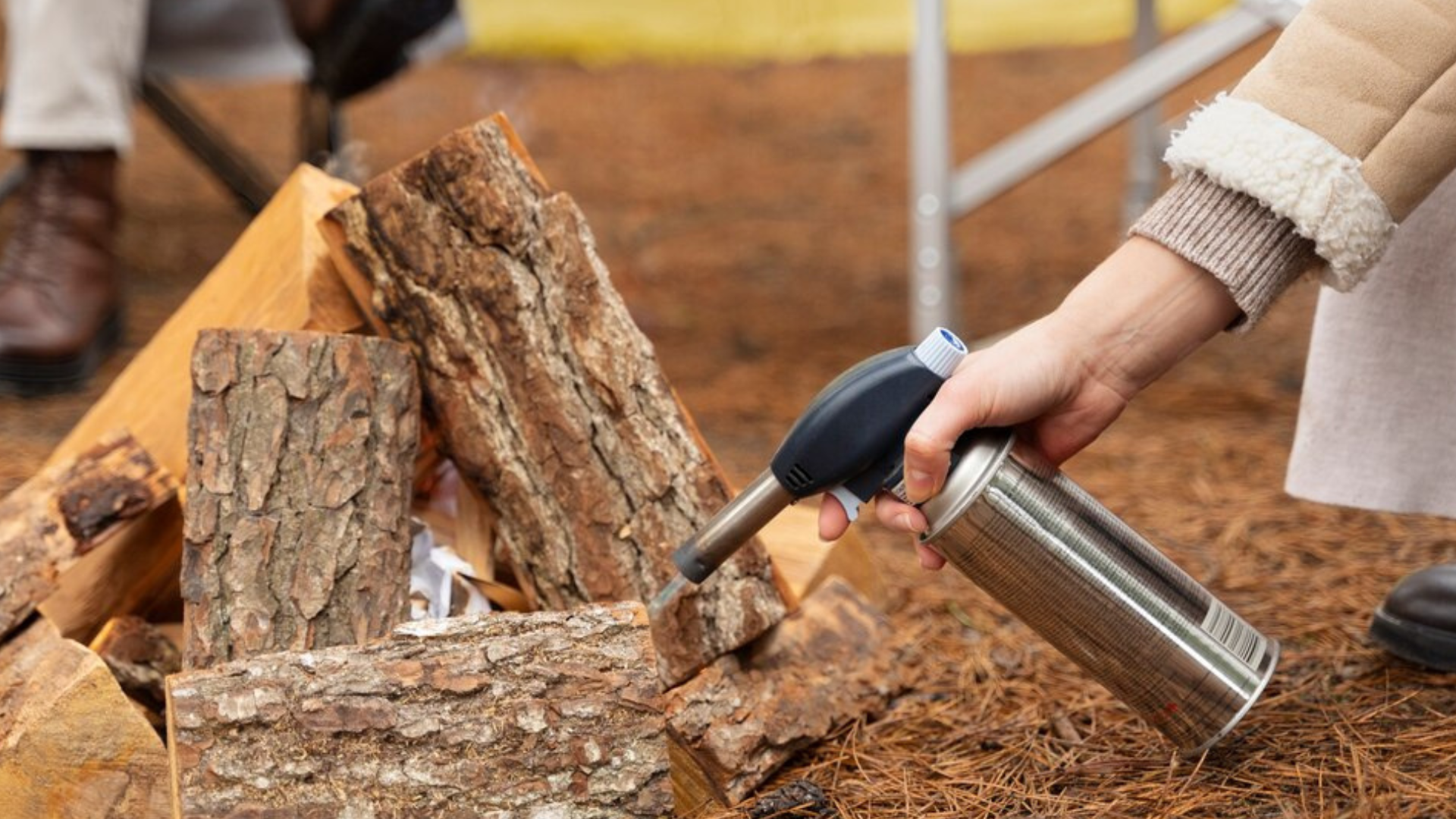Chainsaws are powerful tools, essential for various tasks from felling trees to cutting firewood. However, the power they wield comes with responsibility, especially in places like Bonner County, where specific laws govern their use. If you’re planning to use a chainsaw in this beautiful part of Idaho, it’s crucial to understand the rules and regulations that apply.
In this comprehensive guide, we’ll break down everything you need to know about Bonner County’s chainsaw laws. Whether you’re a homeowner looking to maintain your property, a professional logger, or a recreational woodcutter, this post will equip you with the knowledge you need to stay compliant and safe.
Why Chainsaw Regulations Matter
Ensuring Safety
The primary reason for chainsaw regulations is safety. Chainsaws, while useful, can be extremely dangerous if not used correctly. By enforcing laws around their use, Bonner County aims to minimize accidents and injuries.
Protecting the Environment
Bonner County is known for its lush forests and natural beauty. Chainsaw laws help protect these precious resources by regulating when and where trees can be cut down. This ensures that the environment remains healthy and sustainable for future generations.
Preventing Wildfires
One of the significant concerns in rural areas like Bonner County is the risk of wildfires. Chainsaw use can inadvertently start fires, especially during the dry season. By setting guidelines on when and how chainsaws can be used, the county reduces the risk of devastating wildfires.
Understanding Bonner County’s Chainsaw Laws
Permits and Permissions
Before you can start using a chainsaw in Bonner County, you may need to obtain a permit, especially for large-scale logging or commercial activities. Homeowners cutting wood on their property typically don’t need a permit but should still be aware of and follow safety regulations.
Designated Cutting Areas
Bonner County designates specific areas where tree cutting is allowed. These areas are carefully chosen to balance resource management and environmental protection. Cutting trees outside these designated zones can result in hefty fines.
Seasonal Restrictions
To minimize wildfire risks, Bonner County imposes seasonal restrictions on chainsaw use. Typically, these restrictions are enforced during the dry summer months when the risk of fire is highest. Always check local guidelines before using a chainsaw during these periods.
Safety Equipment Requirements
Personal Protective Equipment (PPE)
Bonner County laws mandate the use of Personal Protective Equipment (PPE) when operating a chainsaw. This includes:
- Helmet: To protect from falling branches and debris.
- Eye Protection: Safety goggles or a face shield to guard against wood chips.
- Hearing Protection: Chainsaws are loud, and prolonged exposure can damage hearing.
- Gloves: Cut-resistant gloves to prevent hand injuries.
- Chaps or Protective Pants: To protect legs from accidental contact with the chainsaw.
Chainsaw Maintenance
A well-maintained chainsaw is not only more efficient but also safer. Bonner County regulations emphasize the importance of regular maintenance. This includes sharpening the chain, checking the chain tension, and ensuring the chainsaw is clean and well-lubricated.
Emergency Preparedness
When using a chainsaw, always be prepared for emergencies. Carry a first-aid kit and know basic first aid procedures. Additionally, having a fire extinguisher nearby can be crucial in case of accidental fires.
Environmental Considerations
Wildlife Protection
Bonner County places a strong emphasis on protecting wildlife. Before cutting any trees, it’s important to check for any wildlife habitats that could be disturbed. Certain times of the year, such as nesting seasons, may have additional restrictions to protect local fauna.
Eco-Friendly Practices
Using eco-friendly practices when operating a chainsaw is encouraged. This includes proper disposal of sawdust and avoiding any actions that could harm the environment, such as cutting trees near water bodies without proper precautions.
Reforestation Efforts
To ensure sustainability, Bonner County promotes reforestation efforts. If you’re involved in any large-scale cutting, you may be required to plant new trees to replace those that were felled. This helps maintain the ecological balance and ensures that forests can continue to thrive.
Legal Consequences of Non-Compliance
Fines and Penalties
Non-compliance with Bonner County’s chainsaw laws can result in substantial fines and penalties. The severity of these penalties depends on the nature of the violation. For example, cutting trees in protected areas or during restricted seasons can attract higher fines.
Criminal Charges
In severe cases, particularly those involving environmental damage or endangerment of public safety, criminal charges may be filed. This can lead to court appearances, and if found guilty, the violator could face jail time.
Civil Liabilities
Violations can also result in civil liabilities. If your actions cause harm to another person or their property, you could be held financially responsible. This includes medical bills, property repairs, and other related costs.
Steps to Stay Compliant
Stay Informed
The first step in staying compliant is staying informed. Regularly check Bonner County’s official website or local bulletins for updates on chainsaw regulations. Laws can change, and being unaware of new rules is not an excuse for non-compliance.
Attend Safety Training
Consider attending safety training sessions. These are often offered by local authorities or community organizations. Training not only helps you stay compliant but also ensures you are using your chainsaw safely and effectively.
Consult with Experts
If you’re unsure about any aspect of chainsaw use in Bonner County, consult with experts. This could be local authorities, legal advisors, or experienced loggers. They can provide valuable insights and ensure you are following all necessary regulations.
Community Involvement
Local Initiatives
Bonner County often has local initiatives aimed at promoting safe and responsible chainsaw use. Participating in these initiatives can keep you informed and connected with the community.
Volunteer Opportunities
Volunteering for reforestation projects or community clean-up efforts is a great way to give back and stay engaged with local environmental efforts. It also provides an opportunity to learn more about responsible chainsaw use.
Sharing Knowledge
If you’re an experienced chainsaw user, consider sharing your knowledge with others. Whether through formal workshops or casual advice, your experience can help newcomers understand the importance of following the laws and safety guidelines.
Conclusion
Understanding and adhering to Bonner County’s chainsaw laws is essential for anyone looking to use this powerful tool within the county’s boundaries. These regulations are in place to ensure safety, protect the environment, and minimize the risk of wildfires.
By following the guidelines outlined in this post, you can ensure that your chainsaw use is compliant, safe, and environmentally responsible. Stay informed, take the necessary precautions, and enjoy the benefits of using a chainsaw without the worry of legal repercussions.
For more detailed information or if you have specific questions, don’t hesitate to reach out to local authorities or legal experts. Staying compliant with chainsaw laws not only protects you but also contributes to the well-being of the entire Bonner County community.










